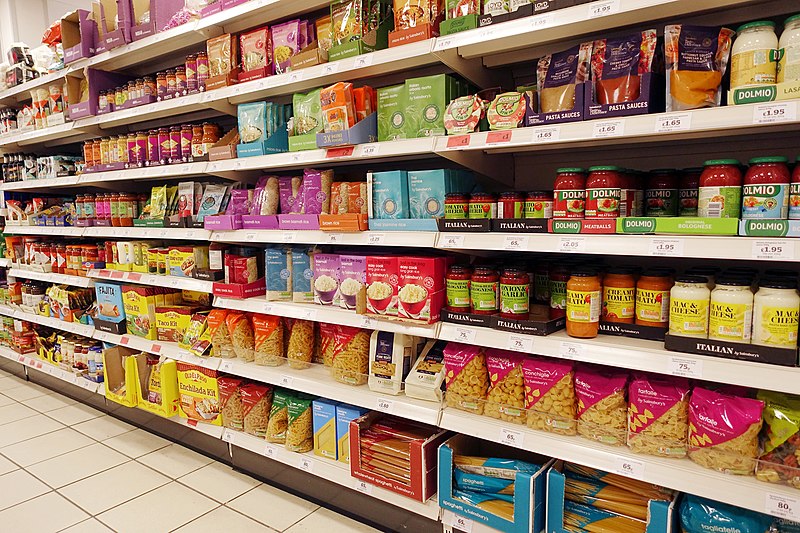
Food prices in Britain have surged to their highest levels since 1977, leading to a shortage of fresh vegetables as unpredictable weather and skyrocketing costs impact domestic production.
Supply chain disruptions and inflation have forced industry buyers to spend more for less, as disrupted harvests in North Africa have reduced supply, leading to shortages of tomatoes, cucumbers, and peppers. Tax office data has shown that Britain imported 266,273 tonnes of vegetables in January 2023, the lowest amount for any January since 2010 when the population was around 7% smaller.
Additionally, the high cost of energy is deterring British producers from planting crops in greenhouses, and UK production of salad ingredients is expected to hit a record low this year, further exacerbating the problem. The resulting tight conditions have pushed UK food price inflation to levels not seen in almost 50 years.
The problem is not just affecting consumers, but also retailers. Many food retailers are purchasing less because their customers cannot afford to spend so much, taking a hit to their profits in the process. CEO of the British Growers Association, Jack Ward, warned that there is now a question mark over the future of Britain's fresh food producers, as growers can only produce at a loss for so long.
The situation is expected to worsen, with growers, farming unions, and shop owners warning of more shortages ahead. The summer drought and winter frosts may soon lead to shortages of other home-grown crops, including leeks, cauliflowers, and carrots. In March, the UK typically imports about 95% of its tomatoes, but that drops to 40% in June through to September.
This crisis in the UK's food supply chain underscores the need for action to address the underlying issues. Climate change and global supply chain disruptions have made food production increasingly difficult, and the UK's high reliance on imported food leaves it vulnerable to price shocks and supply chain disruptions. The government must work with industry leaders and other stakeholders to find sustainable solutions to address these challenges, such as investing in domestic food production, increasing the resilience of supply chains, and promoting sustainable agricultural practices. Photo by Tiia Monto, Wikimedia commons.


































